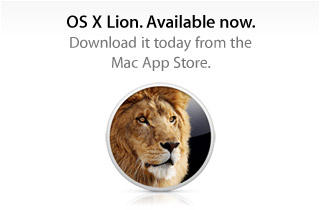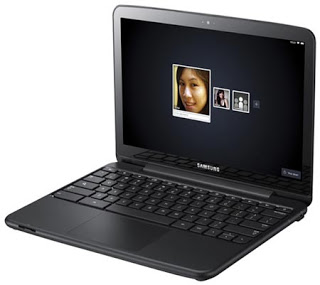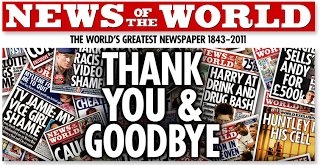When my friends and family visit restaurants, one of our favorite games is, “spot the typos on the menu.” Now, I don’t claim to be the best proofreader in the world, but spelling and grammar errors jump out at me. And while I make tons of typos in my own writing and emails, it’s because I’m often rushing and careless, not because I don’t know how to spell the word.
A typo on a restaurant menu elicits a chuckle or two — and that’s all. However, one study has shown that spelling errors on e-commerce websites can drive away business.
Similarly, nothing makes a commercial email scream “scam!” than typos in emails. Are you going to trust a half-off offer from your favorite coupon purveyor or an important notice from your bank if something is obviously spelled wrong?
In a recent BBC News story, “Spelling mistakes ‘cost millions’ in lost online sales,” the reporter said that “sales figures suggest misspellings put off consumers who could have concerns about a website’s credibility.”
One source claimed that typos on one site cut sales in half.
The BBC story quotes William Dutton, director of the Oxford Internet Institute, as saying, “In these instances, when a consumer might be wary of spam or phishing efforts, a misspelt word could be a killer issue.”
Okay, I’m sure that we all agree that customer-facing websites and email messages should have good grammar and spelling. What’s the process for ensuring that? Does your development team have one? Who writes all the web copy, and who checks and proofreads your websites and email messages to make sure that the copy is clean? What about database entries, such as product names or descriptions?
The BBC story blames poor education for the proliferation of typos on websites, as well as an increased informality on the Internet. Maybe that’s part of it. Certainly not all programmers are good spellers, and when a coder is in coding mode, he or she may not be in proofreading mode.
However, my belief is that most of the typos and spelling errors are created by busy programmers who know how to spell – but are typing too fast and who aren’t paying attention. It’s also caused by copying/pasting text that hasn’t been written by a professional copywriter, and by a lack of serious proofreading.
Everyone needs a proofreader. Everything should be proofread before it goes live. (“Spellcheck” is not a proofreader.)
We recently had a small error on one of our websites. A mailto link was set up with a prepopulated subject line – but nobody had specified what the subject line should be, and so the programmer simply wrote one. Unfortunately, what he wrote had a very minor typo – instead of describing our company as BZ Media, he typed BZ MEdia by mistake. Whoops. A small mistake, but one that a customer called out to our attention. How embarrassing.
Look at your processes. Do you have competent proofreaders? Are they seeing everything that a customer or partner might see before it goes live? If not… well, you know what do to.
Z Trek Copyright (c) Alan Zeichick





